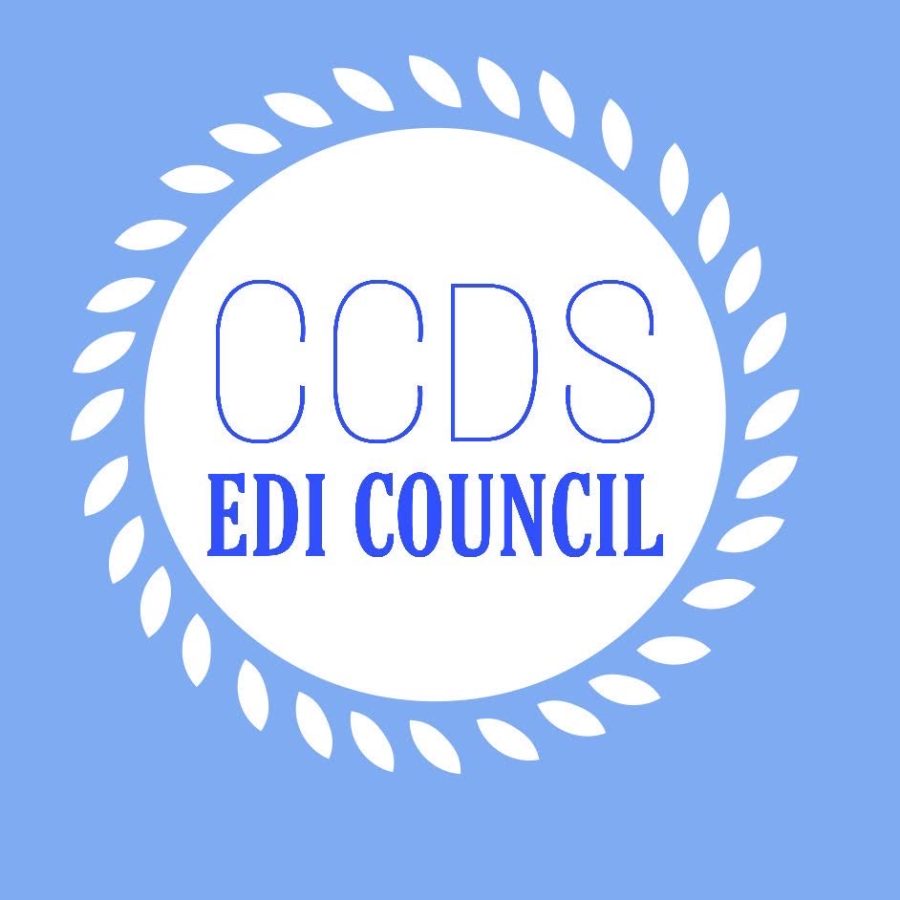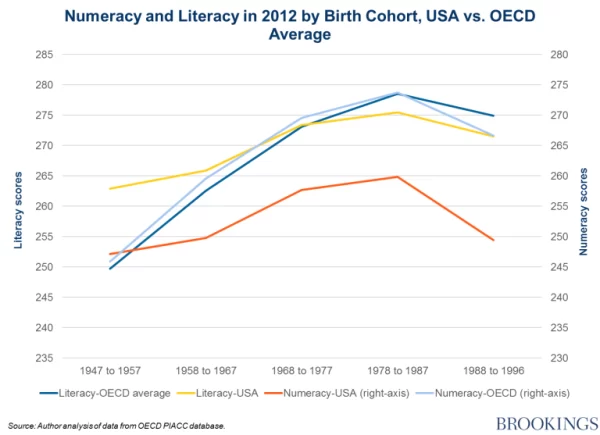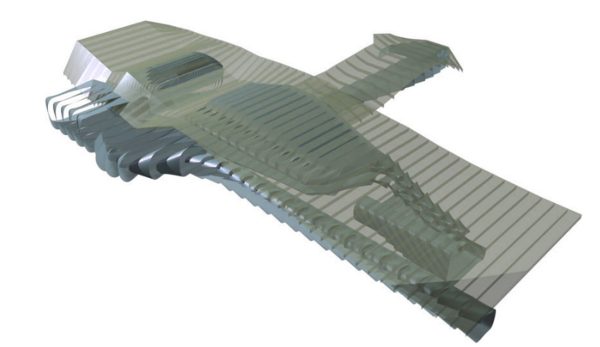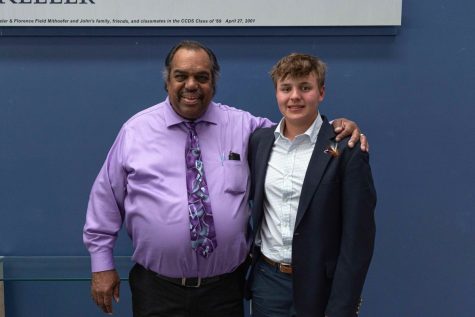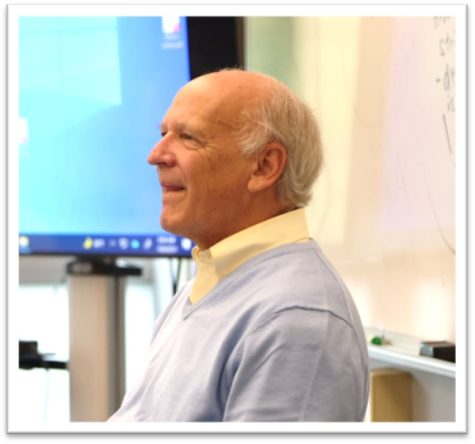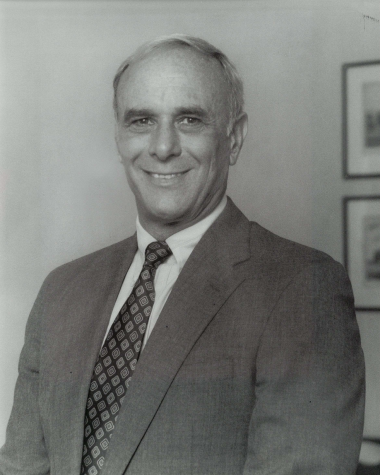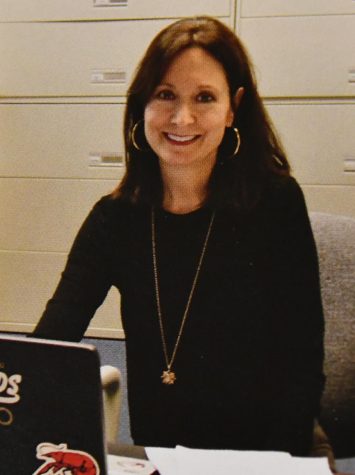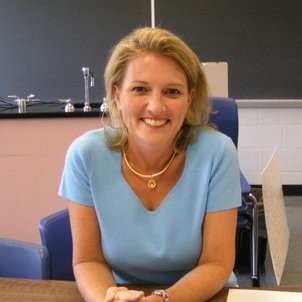Learn about the CCDS Equity, Diversity, and Inclusion Council
January 28, 2022
In addition to the changing of Country Day’s new mascot and its commitment to encourage more representation within the overall community population—students, staff, and families alike—the school recently introduced a student-led council that focuses on bringing awareness to issues of equity, diversity, and inclusion both in our institution and abroad. The EDI Council has done tremendous work over the past couple years since its founding. High school students are getting the opportunity to ensure their voices are heard beyond the Upper School hallways whilst collaborating between all three divisions.
Kirstin Hayes, one of three chair members on the EDI council, talked to me about what EDI means to her and the legacy that she hopes to leave not just as a graduating senior, but also as the Chair of the Service Committee; we also discuss what she hopes EDI can achieve as it continues to develop and bringing awareness to the importance of inclusion both in our community and abroad.
As a student leader, I am excited to see how much EDI will grow and develop in the following years. EDI has become a more prevalent subject around the world, and it is great to see our institution continue to have conversations about uplifting our community and celebrating everyone as much as possible.
Scroll below to read my interview with Kirstin Hayes:
Jade AbuBakr: My first question for you is what does a typical EDI meeting look like? What are your objectives for each meeting? Do they change day by day?
Kirstin Hayes: Our objectives for our meetings change based on what activity or initiative we are planning next. So, Sunday nights we have an agenda. Iif Bijin, Pooja, and I have anything that’s specific that either we want the whole council to do or we want our individual committee to do, we’ll put that in and then during our meetings, Monday’s during lunch, we’ll talk about that and accomplish whatever it is that we’d like to.
Jade AbuBakr: As a Senior, and since you have been in this position for two, three years?
Kirstin Hayes: I have been on the council for three years, but chair for two.
Jade AbuBakr: What has been your biggest takeaway from being in this position?
Kirstin Hayes: When I started, when I got this position as the chair of the service committee, it was one of my first times having a leadership position. So, when people are looking to you and they are asking you questions, it’s really different. I started the same time that I was cheer captain, but it was me trying to adjust to, you know, not being the one who’s asking other people but people asking me. It was a very new experience. Also, it’s about learning both how to run a group of people and also worrying about ‘is this activity that we are planning, how can we make this, so it has the intended impact that you want it to make’. You can have an intention for something, and [you can perceive it a certain way], but you also have to [think about how] there is hundreds of people wo are going to see what we are doing. Are they going to perceive this the same way?…
Jade AbuBakr: With the service committee specifically, how do you work on building that particular image when it comes to, like you said, you have a specific message that you want to give to the community but it may not be perceived by certain people in the same way. How do you go about setting things up or making sure the marketing or advertisement piece is right?
Kirstin Hayes: Last year we did some videos with the Lower school talking about EDI council and work in general. Now Emille’s working on establishing an EDI council in the middle school. Our main focus this year with the service committee has been trying to reach out to the other divisions. I think what helps with people thinking of us as a reputable council, something that really helps with that is knowing that we exist and who we are. So, there are lower schoolers who learn about EDI they could say “Wow, that is something that I want to do.” That’s something we want [to achieve].
Jade AbuBakr: Final question: What does the mission of EDI or what does equity, diversity and inclusion mean to you personally and for your future with graduating soon and going off to college? Is this something that you hope to continue?
Kirstin Hayes: I actually get asked this question a lot. I decided to do EDI because I don’t want there to be, 10 years from now, another black girl who comes to Country Day and have to experience the same things that I did. I don’t want her to sit on the back of the bus and hear some of her classmates talking about how students on financial aid don’t need to be here. You know, stuff like that. I don’t ever want that to happen to somebody else who may look like me or does not look like me. So, I don’t want things that I have experienced to keep repeating and for that to be a cycle at Country Day. I want to stop that. As for if I want to do this in college, I mean I would love to continue it because it’s important. Somebody has to do it. I don’t know what capacity I would be able to do that in college but in some form, for sure.



